Vitamin B12 Supplements play a crucial role in brain function, nerve health, and red blood cell production. find high-quality Vitamin B12 tablets and supplements designed for optimal absorption and efficacy. Also known as cobalamin, Vitamin B12 is essential for DNA synthesis, energy production, and cognitive enhancement. Deficiency can cause fatigue, weakness, memory loss, and neurological issues, making supplementation vital for vegetarians, older adults, and those with absorption difficulties. Studies show that Vitamin B12 supports mood regulation, prevents anemia, and contributes to heart health. High-strength Vitamin B12 supplements help maintain mental clarity, immunity, and nerve function. Whether through Vitamin B12 injections, sublingual tablets, or capsules, maintaining adequate levels is essential for overall well-being. Buy Vitamin B12 supplements at Welzo for trusted quality and effective nutritional support.


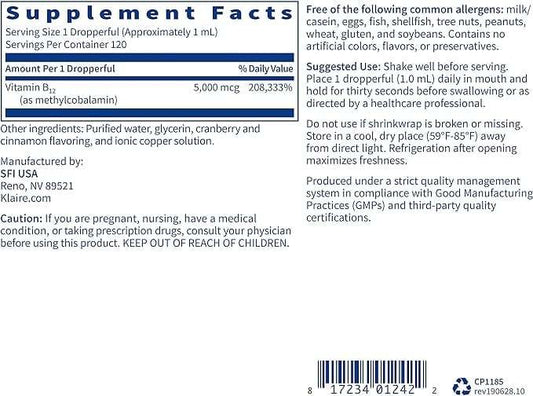

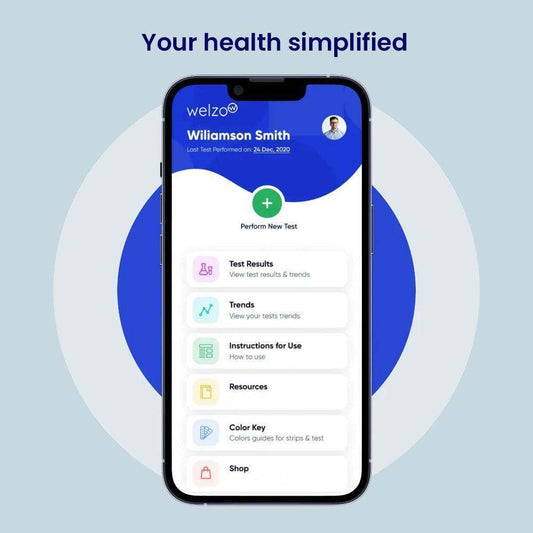


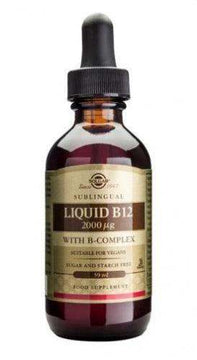




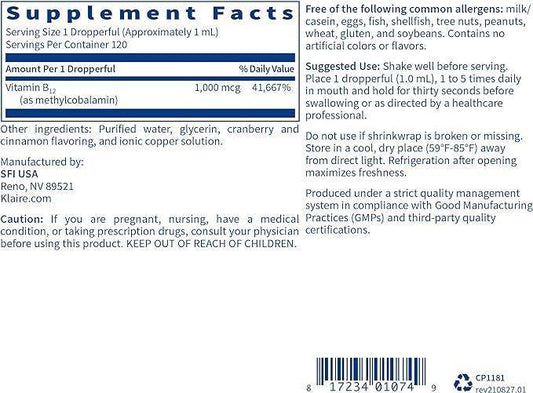

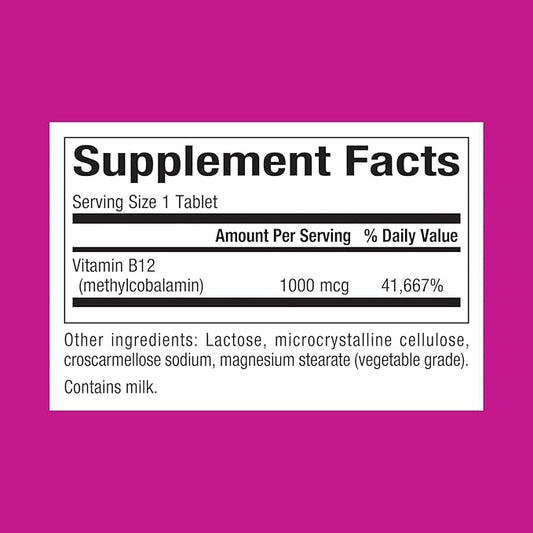

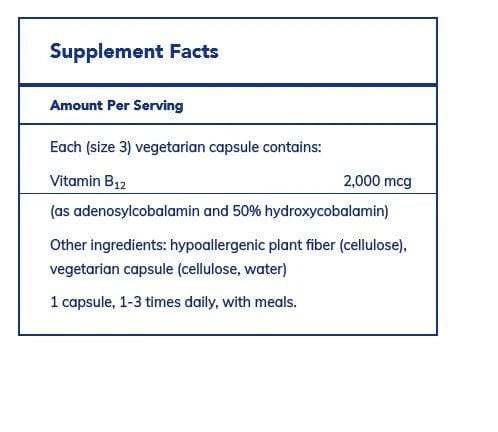
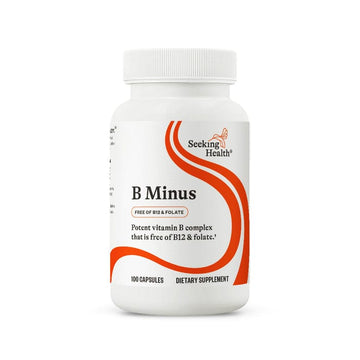
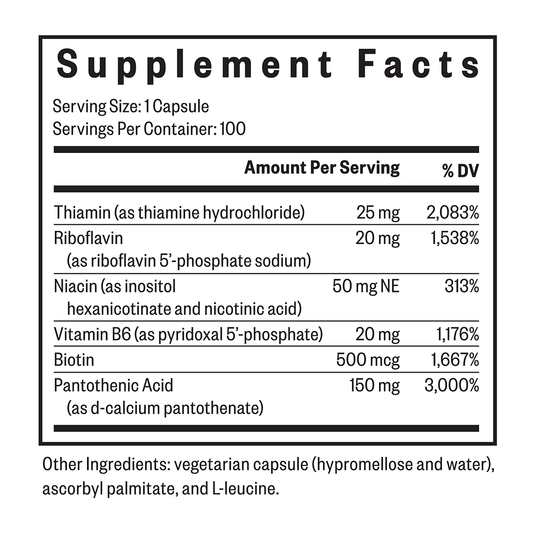

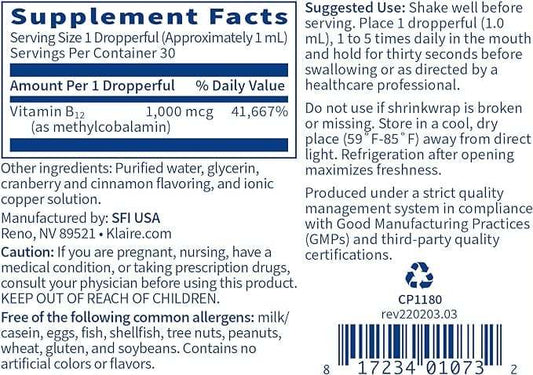

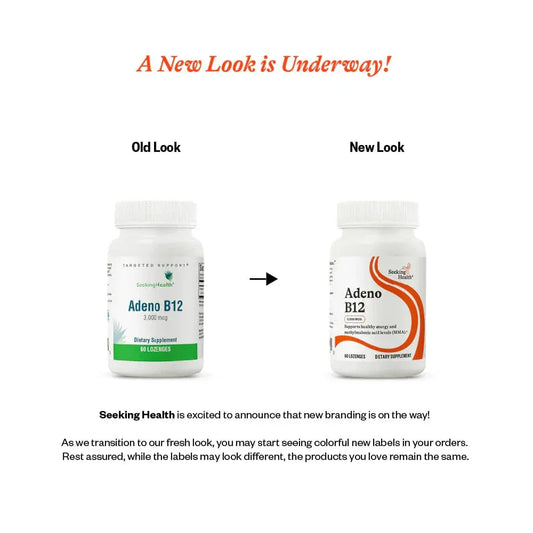


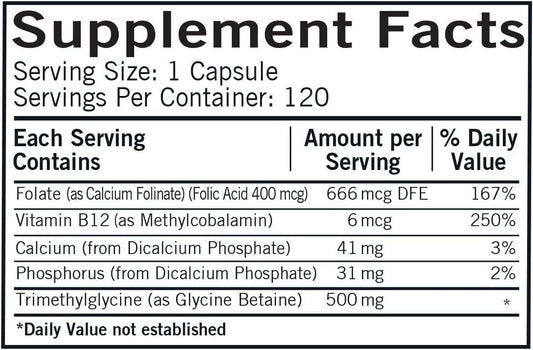


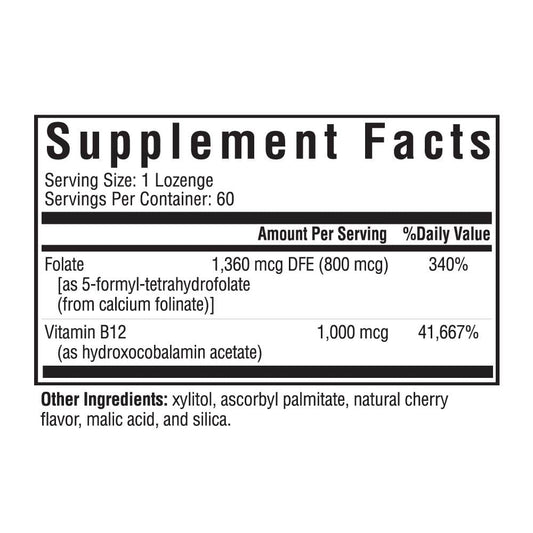

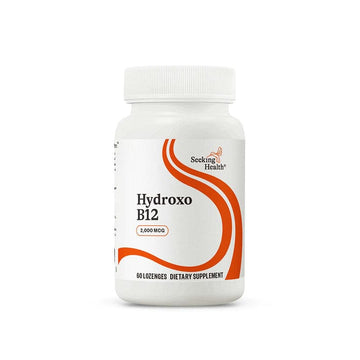
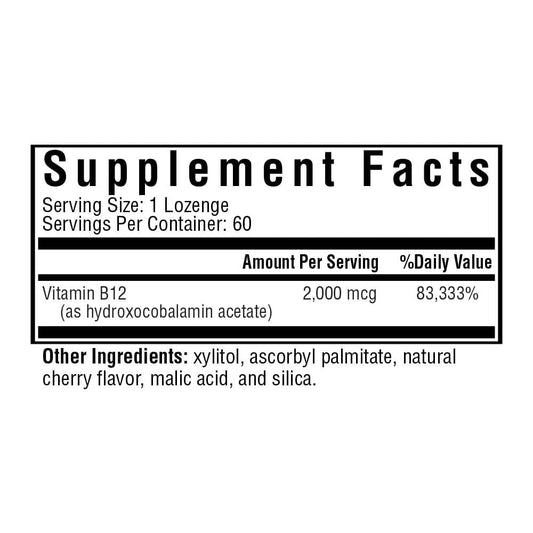
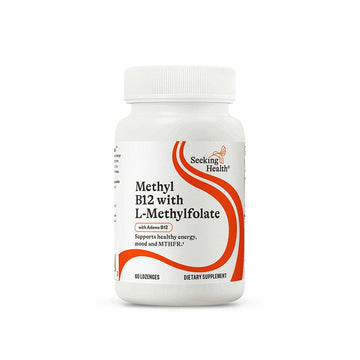
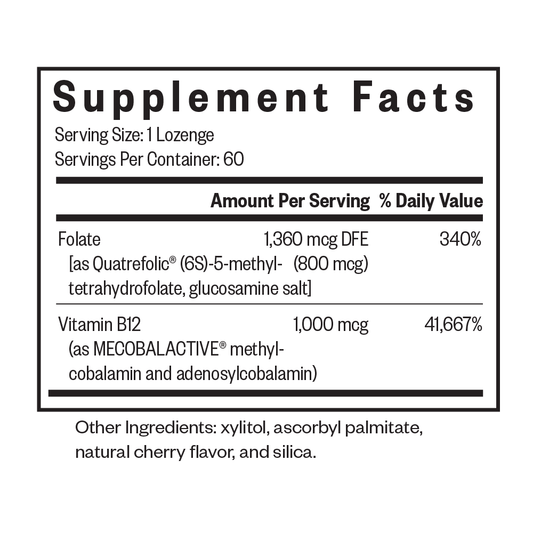

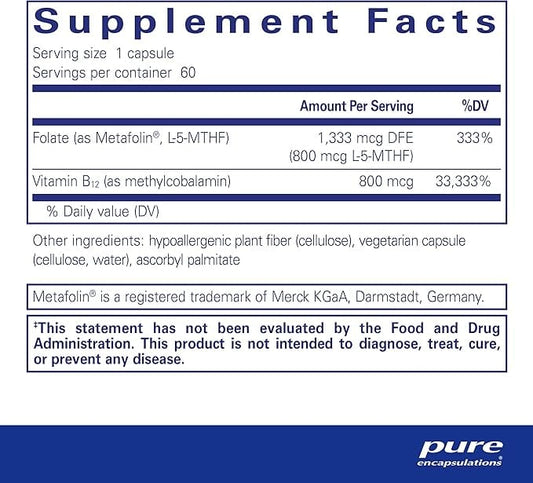
 Rated Excellent by 26,523+ Reviews
Rated Excellent by 26,523+ Reviews